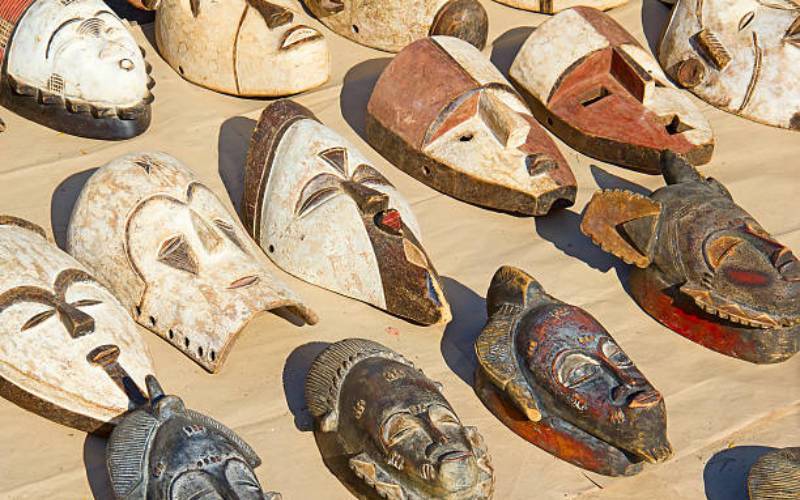×
The Standard e-Paper
Fearless, Trusted News

That’s the big question usually on the African cultural table talks. In answer: why not? Why shouldn’t they return Africa’s artifacts? Is it even an item for negotiations?
Artifacts as described by the Merriam Webster dictionary is “something characteristic of or resulting from a particular human institution, period, trend, or individual.”